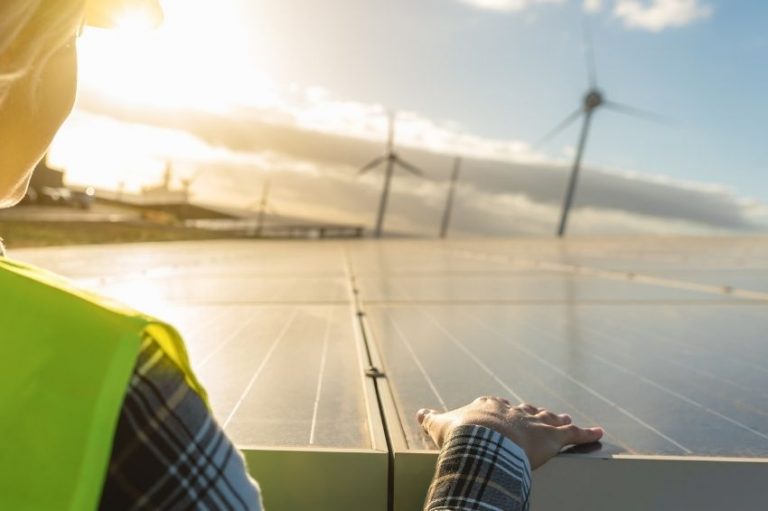PL 5829/19 (Bill no. 5829/2019), which aims to create a Legal Framework for DG (Distributed Generation) in Brazil, changing the rules for energy production in homes and companies, through of alternative sources such as solar energy, has moved the entire electrical sector, mobilizing deputies, sector associations and civil society entities.
In this article, I will tell you a little about the sector's history and you will be able to understand why the approval of this PL is so important for the country.
Since 2012, with REN 482 (Normative Resolution No. 482/2012) of ANEEL (National Electric Energy Agency), prosumers are allowed to generate their own renewable energy in a decentralized way, the so-called distributed generation.
After that, the Brazilian consumer was able to generate their own electrical energy from renewable sources, including making surplus available to the distribution network in their locality, enabling distributors to supply energy to other units, or the prosumer can redeem the kWh at night, or during periods of greater energy consumption.
It was a big step for Brazil, towards an important socio-environmental awareness and self-sustainability.
As all good things don't last long, at the end of the same year the Dilma government announced MP 579/12 (Provisional Measure 579/2012), which reduced the energy tariff by up to 25%, allowing the government to renew concessions for power plants, transmission and energy distributors that would expire between 2015 and 2017.
And, in return, the benefiting concessionaires had to accept receiving remuneration of up to 70% less for the service provided. This made any investment or development of projects in distributed generation financially unfeasible.
In 2015, a new review of ANEEL's REN 687 (Normative Resolution No. 687) finally allowed new business modeling in the same environment, which, in practice, made business proposal formatting more flexible and increased by companies operating in the segment, boosting the evolution of GD in Brazil.
But it was only in 2016 that GD began to gain volume and really take off. In other words, the numbers, the number of installations, the creation of new jobs and companies, only became noticeable from that year onwards.
Since then, the market has evolved a lot. However, what seemed to be a positive scenario in the sense of empowering and giving freedom to consumers, individuals and small/medium-sized entrepreneurs/commercials to generate their own energy, started to threaten the revenue of large economic groups that have always enjoyed their concessions and monopolies. in energy commercialization.
These groups initiated strong pressure on ANEEL, which in October 2019, presented several possible taxation scenarios, including one that includes 63% of taxation on the energy injected into the grid by mini and micro solar plants during the day, making it economically unfeasible the implementation of solar plants and doubling the payback time on investments in own energy generation from renewable sources.
In parallel, another new chapter emerged in the long soap opera of the history of the Brazilian electricity sector, PL 5829/19, drafted by deputy Lafayette Andrada.
The PL has caused a true “David versus Goliath” fight with no end or winner predicted, involving on one side small solar installation companies, equipment distributors, associations and movements and, on the other, distributors/ energy concessionaires and large centralized energy generators.
In favor of solar energy and its relevance for Brazil, we must support the approval of PL 5829 in Congress.
In addition to enabling the Legal Framework for Distributed Generation, it represents the first step towards correct sustainable development and the acceleration of own generation of renewable energy, promoting the democratization of the use of solar, wind, mini-hydroelectric, biogas and cogeneration energy. in the country, providing clean and cheaper energy to all Brazilians, ensuring a more sustainable future for future generations.
It is worth remembering that the distributed generation market, since 2012, has already generated more than 160 thousand jobs and, in the midst of the pandemic, it has played an important role in stimulating entrepreneurship among new entrants in this market, generating even more job vacancies. The expectation is that investments in the sector will exceed R$ 20 billion in 2021, according to studies and associations in the segment.

















One Response
As always, the interests of the big ones want to suffocate the minority, which only wants to generate its own energy and help Brazil to no longer depend solely on the energy generated by these large multinationals that mercilessly exploit the population.